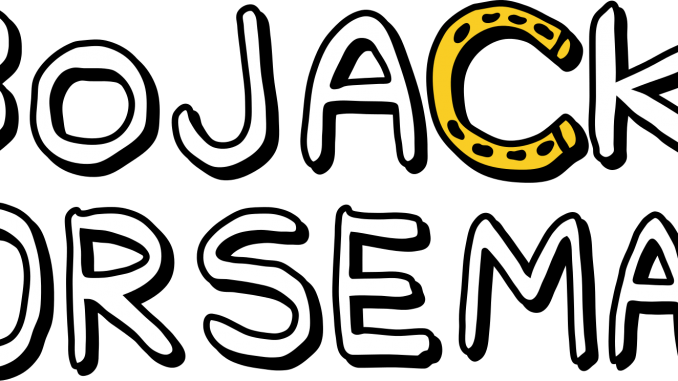
Imagine observing a deeply depressed ‘90s sitcom dad as he deals with substance abuse and the trappings of fame. Now picture that washed-up star as an anthropomorphic animated horse with an affinity for sweaters and you have the concept of the Netflix original series, “BoJack Horseman.”
This sleeper hit created by Raphael Bob-Waksberg debuted in 2014 with a slew of comedians from Will Arnett to Amy Sedaris and Paul F. Tompkins. Now in its third season, the show that started out in a quirky fantasy world of bestiality has become heartbreakingly real.
Each character, whether human or animal, serves as a common trope in Hollywood. You have the one trick pony, deadbeat best friend, can-do agent, annoyingly beloved sitcom star, child actress gone wild, pretentious writer and so on. Yet, they are all more complex than their stereotypes.
The first season served as an introduction to BoJack (Arnett) and his self-sabotaging antics, season two revealed another onion-like layer of his character through flashbacks to a less than ideal childhood as he tackled his dream role of Secretariat, and then season three dropped in July.
It begins in the rat race of Oscar season. However, in the genius of season three, remains the unspoken humanity of it all. The fourth episode, “Fish Out of Water,” is a prime example of this. BoJack traverses the boundaries between land and sea as he goes underwater to the Pacific Ocean Film Festival for the “Secretariat” premiere. The entire episode is silent with the exception of a few “gurgles” (fish speak) and a hauntingly beautiful score.
The removal of the show’s usually witty dialogue leaves the viewer to solely examine BoJack’s actions and interactions. We see him attempt to make amends with one of the many characters that he has wronged and save a baby seahorse. All the while, BoJack’s face is engulfed in an oxygen preserving bubble, serving as a metaphor for his inability to form genuine connections.
Themes of solitude and relationships run rampant throughout this Emmy-deserving experience. The show’s knack for delving into topical content continues throughout the season. The series sheds light on asexuality and delivers brilliant commentary on abortion in the media.
At one point a humpback whale news anchor proclaims, “We’ve assembled this diverse panel of white men in bow ties to talk about abortion.”
Through calling out the media and the fame industry, the meta series continues to demolish conventional boundaries that go beyond shattering the fourth wall. We see BoJack’s costar, from the ‘90s hit “Horsin’ Around,” struggle to find herself as a former child star transitioning into adulthood. The two go on a drug and alcohol fueled bender that contradicts their initial goals of self-improvement.
For a show about animals, it is the most human performance that I have ever seen. In any good series you are taken on a journey, waiting to see how it ends. These journeys can be dramatic and lead to a killer or an identical twin, but in “BoJack Horseman,” you are simply longing for the protagonist to be truly happy.
